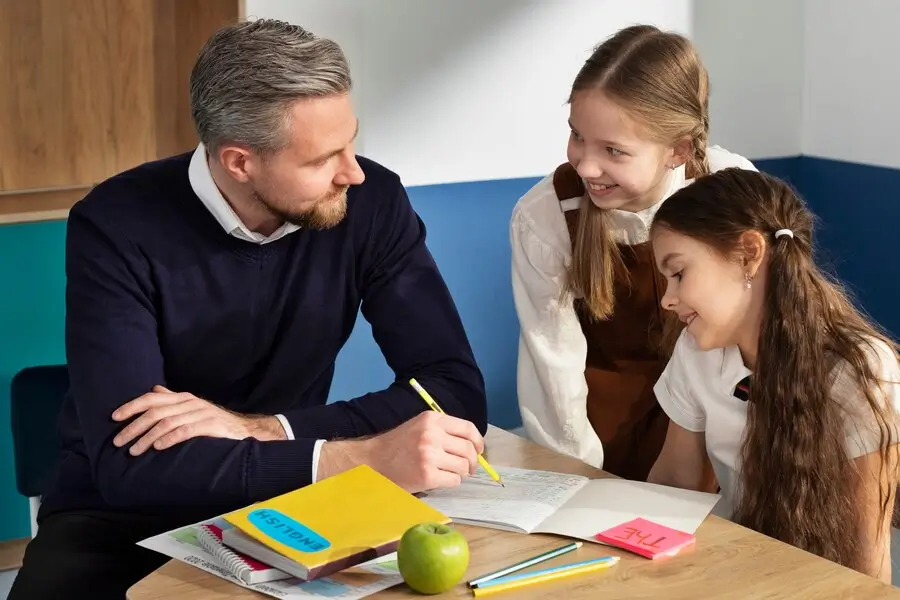Skills like cooking healthy meals, critical thinking, and proper communication are not just beneficial but necessary for navigating the complexities of modern life. In this article, we will go over essential skills from a young age that can and should be learned to build a well balanced life.
1 – Taking care of health and wellness
Teaching kids about health and wellness is very important for their growth and long-term health. Start by talking about good eating habits, like having lots of fruits, vegetables, proteins, and grains, Regular exercise keeps them fit and helps avoid health problems later in life. Check these best THC gummies.
Kids also need to know about keeping clean. These skills help them handle stress better. Learning these health habits early can lead to a healthier life as they grow up.
2 – Outdoor skills
Learning outdoor skills is not only fun but also equips kids with crucial survival knowledge. Knowing how to treat minor injuries or what to do in an emergency can make a significant difference in safety during outdoor activities.
Beyond survival skills, it’s important to help children develop a deep appreciation for nature. These experiences not only educate them about environmental responsibility but also encourage a lifelong connection with the outdoors, promoting healthy, active lifestyles.
3 – Social skills
Developing strong social skills is crucial for children as it lays the groundwork for building and maintaining friendships throughout their lives. It begins with simple interactions, like sharing toys and taking turns, which teach kids the value of fairness and cooperation. These early experiences help them understand how to work together with others, an essential skill in both school and later life.




